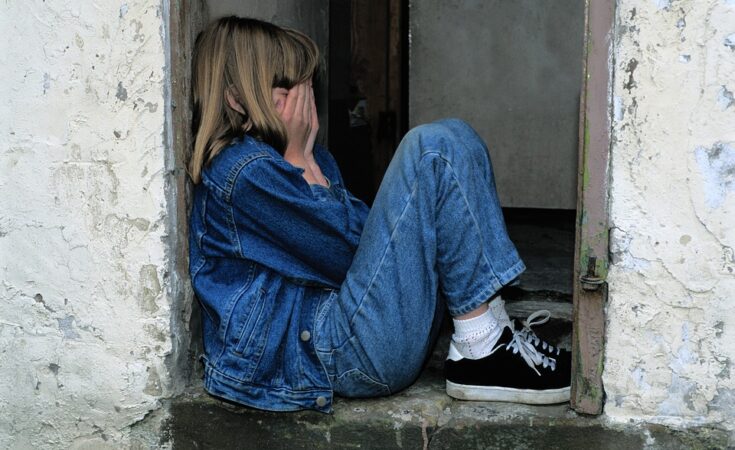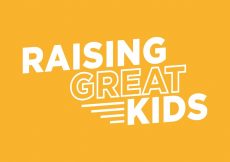It’s a real fact: children may suffer from small traumas which will follow them during all their livetimes! So it’s up to us, adults, to keep them out of trouble by protecting them from many things… Here is a list of miscellaneous and varied facts for which we must remain vigilant.
The comparison
In my childhood I often felt compared to others. I was a different child, very artistic, hypersensitive, very detail-oriented. At all ages I was compared to others, by my grandmother (who was also a very charming woman of worth) who used to compare me to my cousins. But also by my own parents who willingly compared me (always in the wrong way) to their friends’children, but also by teachers. I developed an obsession with comparison. I tried to prove that I was different and that I had many qualities, especially artistic ones. I finally became hyperactive and… exhausted! And the comparisons never stopped! They even caused (when the balance tipped in my favor) many jealousies within my own family! In any case, you should know that your child is different and unique. You should not “give him/her everything” but above all make sure to accept them with their own personality as I explained in this previous article.
Unfounded rumors
Usually the rumors are false. As a parent you must avoid bringing them to your children or in front of them! For example, I have heard it said many times that my godmother was a “woman of little virtue”… I told myself that it could not be otherwise because I often had the impression that my parents liked to devalue me.
Violent or sad scenes in films not suitable for children’s ages
Top Gun has become my favorite film over time. I first saw it when I was 10. Goose’s death scene stuck in my mind. I learned very early what the shock of death in a violent accident was. When later, in my youth, I lost one of my best friends in a sports accident, I could not help drawing a parallel with this film. Many scenes of violence make children violent because they can’t express their emotions, they don’t have the tools to express their shock or surprise. These things then grow in their minds. Children before the age of twelve should not see films that are too harsh or contain scenes of death, sex or violence.
Guilt free
Your child is a child. He makes mistakes like all human beings. Blaming him is a very bad thing. for example, telling him: “Because of you, mom is very tired” is guilt-inducing. When I was a child, I was about 3 years old, my mother had a miscarriage. It was a pregnancy that got off to a bad start. However, my youngest aunt told anyone who would listen that it was my fault. She said that I purposely kicked my mother’s stomach because I was jealous of the baby to come. I grew up feeling like a fetus killer! My aunt remained single, never wanted to be in a relationship or have any children. Over time I learned that she never held herself responsible for anything. For her, therefore, my mother could not be responsible for this loss. She had to find a responsible as always. Telling a child that someone fell ill because of him or worse died because of him is a very serious act because this accusation will affect his psyche forever!
We are just human beings learning to parent over time. Even the best of parents are criticized by others. If sometimes our actions are open to criticism (I am aware of providing very basic food to my children because I am a poor cooker, for example), we have in our hands the full responsibility for their psychic life. It is up to us to ensure that these points are respected by ourselves but also by all those who come into contact with our children, from infants to adolescents.



































